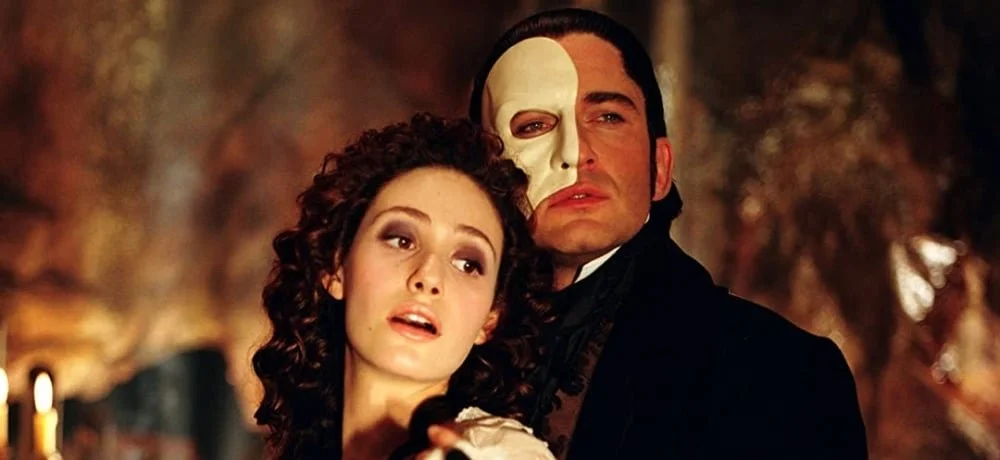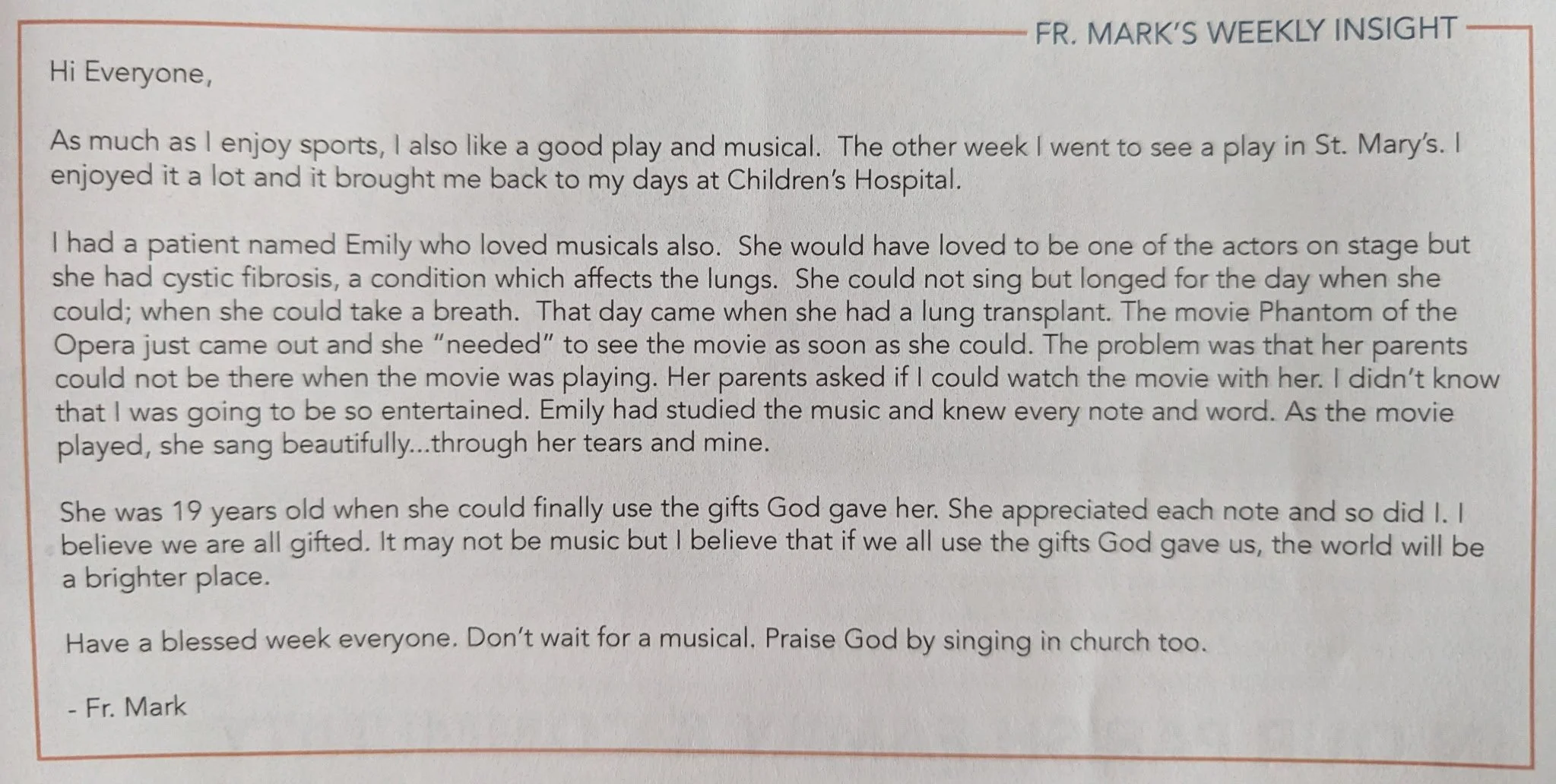The idea of "soulmates" is definitely a modern one. For the majority of human history, people viewed marriage under a much less romantic lens.
This is sort of addendum to a post I wrote yesterday about marriage in the Church; but it's also something I've been thinking about for awhile, ever since I had a conversation with a friend about Charlotte Lucas and Mr. Collins.
My friend's position was that Charlotte marrying Mr. Collins was a failing of the book; Why would Charlotte marry a man that she doesn't really like? That's just ridiculous! Jane messed up.
But what Pride and Prejudice--and to extent, almost all of Jane's books--illustrates is that women didn't, generally, marry for love. It was nice if you could do it. But single women were really limited in what they could do, without a husband. They couldn't own property. They had really no say in a court of law. If they weren't married, their fathers were in charge. If their fathers were dead, then their brothers were in charge. If you did marry for love, you were Super Special--and possibly, super odd.
Jane knew, very vividly, what this was like. She made the decision not to marry for anything other than love, but that meant that she was at the mercy of her brothers, after her father died. Fortunately, the Austen men were good sorts of men, and took good care of Jane, her sister Cassandra, and her mother. They were lucky, and Jane knew it; you can see it in her fiction. The Dashwoods' brother is not nearly as kind to his sisters.
Charlotte Lucas is older than Lizzie (who is almost 21), which plays a part in her deciding to marry Mr. Collins. She's probably feeling the need to get married soon, before all the guys are taken. With a husband, she's off her father and brothers' hands. She's provided for; she has some station in the world. Even though she's the daughter of a knight, she won't inherit anything at Lucas Lodge. It will all go to her brothers. Sense and Sensibility and Pride and Prejudice both show what happens when an estate is "entailed away from the female line." The reason Mrs. Bennet wants Lizzie to marry Mr. Collins is so the house can stay in the family--when Mr. Bennet dies, as he says, Mr. Collins could "throw [them] all out, if he chooses." Yes, that's right--Mrs. Bennet, and all of her unmarried daughters, would be out of their house, if the new owner so chose to do that.
Marianne, Elinor, and Margaret Dashwood are essentially being helped by another male relative, Sir John Middleton. The money their father left them and their mother is quite a small sum, and they lost their home, Norland. They weren't poor, but without Sir John's help, they very well might have been. And keep in mind that women couldn't really "earn" a living. Look at Miss Bates in Emma. She and her mother aren't Dickensian, but they're also not really genteel, either. They're poor enough that Emma takes them food and clothes and things like that.
Fanny Price's family could be Dickensian. They are very clearly poor. Her father wastes any money he gets, and it's only because Mrs. Price begs her sister, Lady Bertram, to take Fanny, that Fanny has any chance. Mrs. Price "married for love", and it's not a recommendation she makes to her daughter. She would like to see Fanny marry Henry Crawford.
In Jane Austen's England, love was a secondary question. It's lucky that all of Jane's heroines do end happily--but the risk of that not happening is very close, all the time. None of them, except Emma, is independently wealthy. Emma is the only one who could really choose to stay single. Marianne, Margaret, Elinor, Jane, Elizabeth, Mary, Kitty, Lydia, Fanny, Harriet, and Anne all have to either get married, or be dependent on the whims of their male relations.





